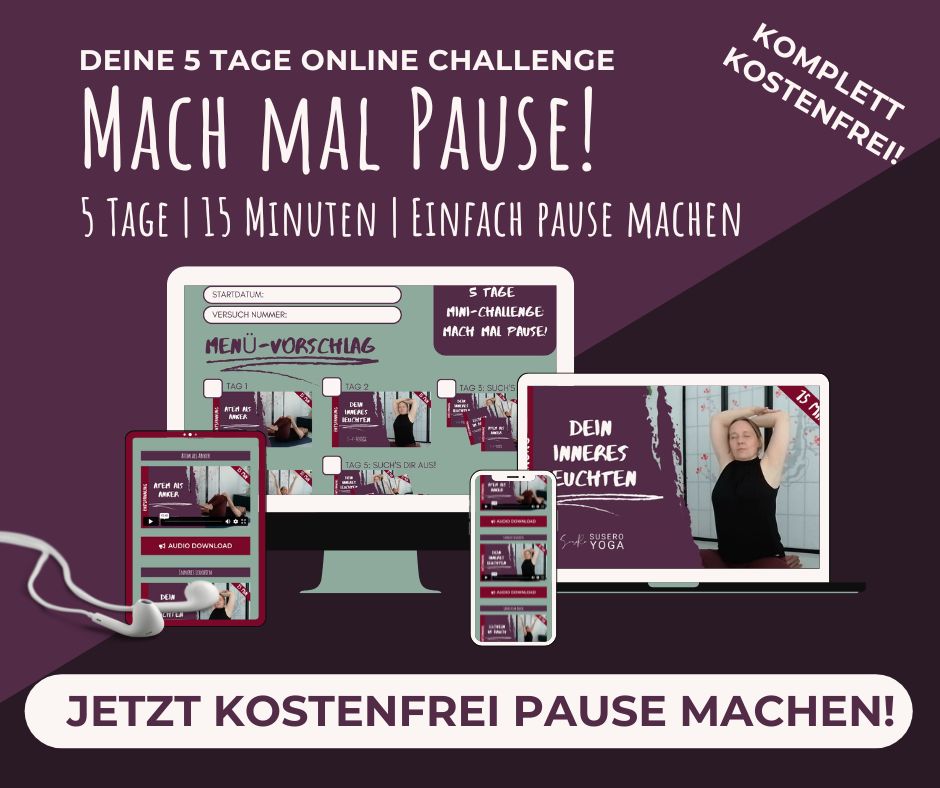The door slammed shut behind me. I didn’t bother being gentle. I needed to escape. I couldn’t bear it any longer—everything felt too much and not enough at the same time. Forty-five minutes and a 3-kilometer stroll in the park later, I found my calm. I could breathe again, think clearly, and perhaps even conjure up a solution, a way to make things better, to do better.
Returning home, a tearful child awaited me. His mother had left without a word, explanation, or indication of when she would return, if at all. Shouldn’t it have been his father’s responsibility to comfort him, to explain that it was merely a disagreement among the grown-ups, that everyone still cherished the little one just as much? I thought so at the time. But maybe he had been trying. I promised the child to draw him a letter next time. He couldn‘t read yet. I promised, next time I’d leave for the park I would draw him my route, assuring him that the round would always bring me back home. Strangely, I never had to draw that letter. It was no longer necessary.
As for the argument with my sweetheart, I can’t recall the details. I didn‘t retain the subject. All I remember is the turmoil around it. For every internal chaos, an external one seemed to mirror it. Not that we never argued again or that I never walked out that door in search of peace. But walking out without a word was no longer something I considered as a matter of course.
It’s time to hit pause.
Today, I understand; I should have taken better care of myself. Should have taken breaks before the weight of the world bears down on me. Of course, there’s more to it than that. Concerning conflicts within family, relationships, or communities: a safe environment, where you feel fundamentally secure. (If this isn’t your reality, seeking external help might be necessary.) And then, don’t take yourself too seriously. Don’t confuse your identity with fleeting thoughts and emotions. Listen to the other person. Push back the perceived attacks and seek the underlying message. Even if the reason remains unknown years later – there has been one. And both sides felt justified.
The key to managing my stress limit only revealed itself to me years later. I stumbled upon the advice that women should take two 11-minute breaks each day. Why specifically women? Why exactly 11 minutes? But those weren’t my questions. My question was: How am I supposed to do that? When am I supposed to do that between family, work, home and saving the world. But in the end… My husband was all for me taking breaks when I needed to. He would handle things long enough to ensure I wouldn’t be disturbed. And when he wasn’t around – negotiating nap times with little kids can be surprisingly effective. Yes, the ones they don’t want to take. You get to find something quiet to do for half an hour. And I rest. And if that doesn’t work, we will unfortunately have to take the the nap together. If all else fails: And if all else failed, maybe there is a little time gap berfore everybody is getting up in the morning. Or you can use the time towards bed in the evening. And everything is getting easier as children grow older.
Here’s my plan for your well-deserved break:
So, what’s the tool? Guided breaks. Call it meditation, a relaxation journey, or whatever resonates with you. I prefer “guided rest.” The beauty of it lies in its simplicity: just get comfortable, press play, and let yourself be carried away. It works wonders for me—whether it’s in the morning after a restless night, during the chaos of the day when I need to regroup, or in the evening when sleep eludes me. (Example to come – stay tuned 🙂






